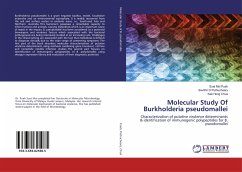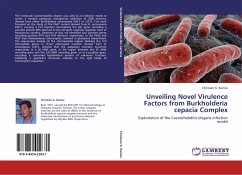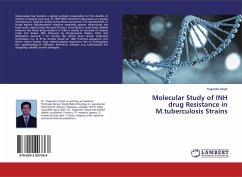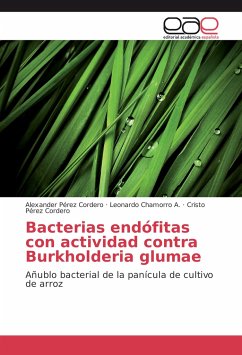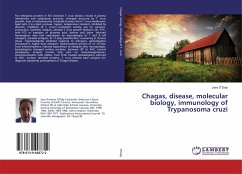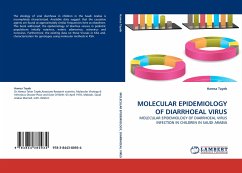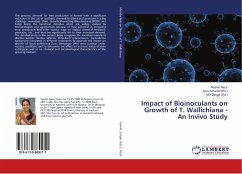Burkholderia pseudomallei is a gram negative bacillus, motile, facultative anaerobe and an environmental saprophyte. It is readily recovered from the soil and surface waters in endemic areas, i.e., South-east Asia and Northern Australia. This bacterium possesses a remarkable capacity to infect humans and animals, causing melioidosis which is an important cause of sepsis in the tropics. B. pseudomallei has been considered as a potential bioweapon and virulence factors which associated with the bacterial pathogenesis are being intensively studied at an increasing rate. Challenges in the clinical setting are associated with the fact that melioidosis is difficult to diagnose clinically due to the wide range of presenting symptoms. The first part of the book describes molecular characterization of putative virulence determinants using methods combining gene knockout, cell line and nematode models infection studies. The second part focuses on identification of immunogenic polypeptides of B. pseudomallei using shotgun expression library and evaluation of their diagnostic potential.

